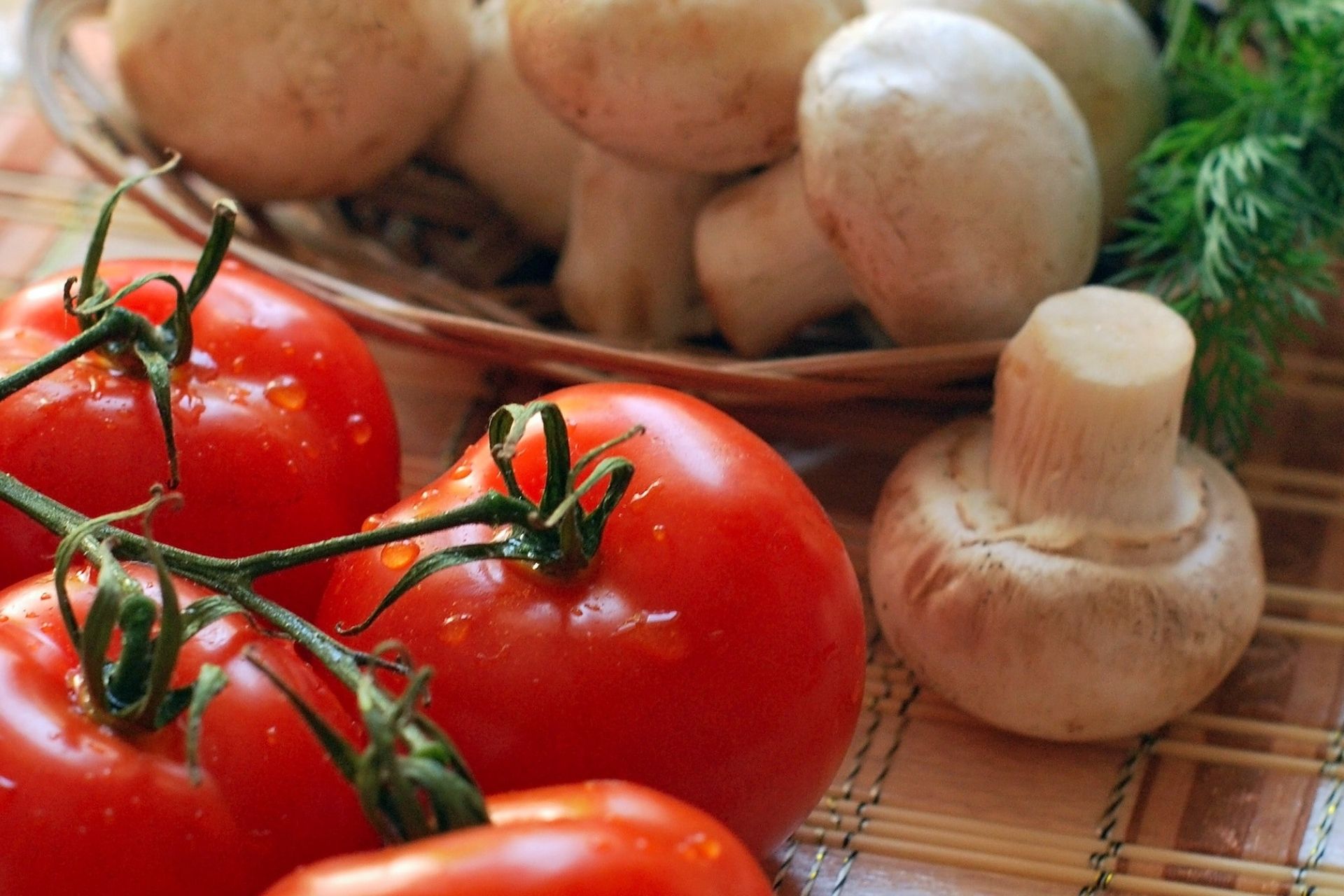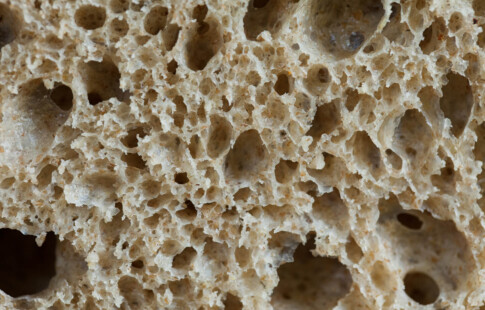
Veganism and Climate Change: Is it a Good Thing?
We are reader-supported. When you buy through links on our site, we may earn affiliate commission.
Veganism and climate change are two terms that appear in conjunction in the media. The rise of eco-consumerism pushed the market to develop dietary solutions to environmental problems. Many corporations adapted to this change by providing plant-based options to customers.
We may view vegan burgers on fast food menus and dairy-free milk alternatives at corporate coffee shops. Society fully embraced this transformation with open arms – but does this dietary shift actually limit climate change? The answer is, well, complicated.
Cause of Climate Change
To evaluate veganism as a solution to environmental degradation, we must first explore climate change as an independent concept. Weather patterns are constantly changing, causing a ripple effect of destruction in the global ecosystem. The cause of these shifting patterns is a rise in Earth’s temperature caused by atmospheric pollution.
The production of meat and livestock farming contributes to 14.5% of the global carbon emissions. As carbon dioxide and other greenhouse gases (GHG) invade the atmosphere, they consume and reflect the sun’s energy. Unlike naturally occurring elements, GHGs trap heat in the air, causing the temperature to rise over time.
Carbon dioxide and methane are the most emitted GHGs by the animal production industry. Cows distribute methane into the environment through gas release, causing severe destruction to the atmosphere. This GHG is 28 times more potent than carbon dioxide, trapping heat for more extended periods.
On Earth’s surface, meat production also causes immense destruction. The industry contributes to 80% of all deforestation, and it is the lead cause of clear-cutting in the Amazon. When cattle ranchers remove GHG filtering plants, 340 million tons of carbon reaches the atmosphere annually. An increase in Amazonian ranching also increases forest fire frequency, causing further environmental degradation.
Plant-Based Solution
Many individuals adopted a vegan diet to challenge their support of eco-destruction caused by animal production. If everyone eliminated their consumption of meat products, 75% of global farmland could return to its organic, habitable state. When we conserve this land, rates of deforestation, carbon emissions, and forest fires decrease.
One can eliminate their contribution to atmospheric methane emissions when adopting a plant-based diet. You can also reduce your carbon dioxide emissions by half when moving away from meat consumption. Shrinking the size of your carbon footprint can significantly reduce your impact on climate change.
A reduction in meat production also limits degradation to aquatic ecosystems. The land used to grow grain for livestock feed consumes a significant portion of agricultural development. To meet the dietary needs of factory farms, growers must quickly and effectively develop food. They also use many pesticides and synthetic fertilizers to attain grain quickly.
As sea levels rise and atmospheric precipitation increases, rain falls more frequently. When stormwater washes through agricultural regions, it carries pesticides and fertilizers to the sea. In the ocean, these contaminants destroy habitable zones and suffocate marine life.
When individuals reduce their consumption of animal products, it limits the need to use toxins to produce feed. Restricting the use of these contaminants protects the aquatic ecosystems. And reducing meat consumption preserves the environment, limiting the amount of rainfall that carries destructive elements into the ocean.
Flexitarianism
Unfortunately, a vegan diet may also produce destruction, which causes climate change. Almond milk is a popular dairy alternative in the plant-based community. The production of this product causes water waste and pesticide use.
It takes 1.1 gallons of water to grow one almond. The amount of water filtered and pumped to produce the dairy-less alternative requires extensive energy use. To push a large amount of clean water to almond farms, producers must burn fossil fuels, contributing to the global temperature increase.
Mushrooms are another plant-based alternative that cause more harm than good to the environment. Vegans often replace meat with portobello mushrooms for their similar texture and flavor versatility. These mushrooms emit up to 2.95 kilograms of carbon dioxide in production.
Portobellos develop in temperatures of 144°F, so grow rooms must be climate controlled to meet this demand. Grow rooms emit significant amounts of carbon dioxide to maintain this developmental atmosphere. To challenge the environmental degradation caused by meat-less options, environmental dieticians developed a more sustainable consumption alternative.
Nutritionists developed the flexitarian diet to reduce meat consumption and offer flexibility for sustainability-driven dietary choices. This diet may efficiently reduce our consumer impacts on climate change. The flexitarian diet allows individuals to replace unsustainable plant-based options with their meat-containing counterparts.
For example, if one must choose between almond milk or local free-range cow’s milk, they could select the animal product to limit their contribution to water scarcity. Having the flexibility to put environmental conservation before one’s loyalty to a label allows for sustainable consumption.
Veganism and Climate Change
When it comes to evaluating the question, “Is veganism good for climate change?” the answer is complex. While using your diet to limit your contribution to environmental destruction, it is best to explore the effects of your current consumption patterns. There is no one perfect solution to these issues, but awareness helps.
Understand how your dietary habits affect your carbon footprint and adjust consumption from there. When faced with the choice of animal intake or a plant-based alternative, chose the more sustainable option. Ensure that you have the flexibility and awareness to lead you in making eco-conscious consumption choices.
Share on
Like what you read? Join other Environment.co readers!
Get the latest updates on our planet by subscribing to the Environment.co newsletter!
About the author

Jane Marsh
Starting from an early age, Jane Marsh loved all animals and became a budding environmentalist. Now, Jane works as the Editor-in-Chief of Environment.co where she covers topics related to climate policy, renewable energy, the food industry, and more.





